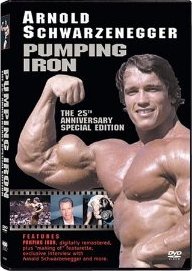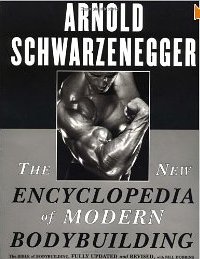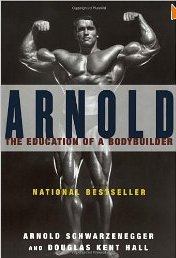Following up on my transcript/review of the UCW “Hello World” screencast, here is my review of Marco Barringer’s SLIME movie. (Description, 150MB .mov, Torrent, watch online). This screencast was more difficult to annotate because:
- It was almost 3x as long (55 min vs. 20)
- It covered more topics (Linux, Emacs, Lisp, SLIME)
I did find it much more interesting though because it showed off a lot of the cool features in those topics, whereas the UCW screencast was mostly just instructional. Also, I don’t know if I’ll ever use UCW for an app, but I’m already using the LELS stack and plan on using it for a long time to come.
(See what other people have said about it)
Looking back at my UCW reference, I think the format worked for that screencast because it was mostly just straight Lisp code. In the SLIME movie, the Lisp code is the least useful part – it’s just the vehicle for showing off the tools. So there’s a mix of Linux commands (unfortunately omitted because WordPress or Apache or somebody thinks they’re a security problem), Emacs key chords, Emacs Lisp code, and Common Lisp code. I’m leaving out most of the Common Lisp code for the morse code translator to focus on what’s more relevant. Also, I added links to documentation for the features shown. Hopefully this will make it easier to watch the movie and get straight to work on your own projects!




